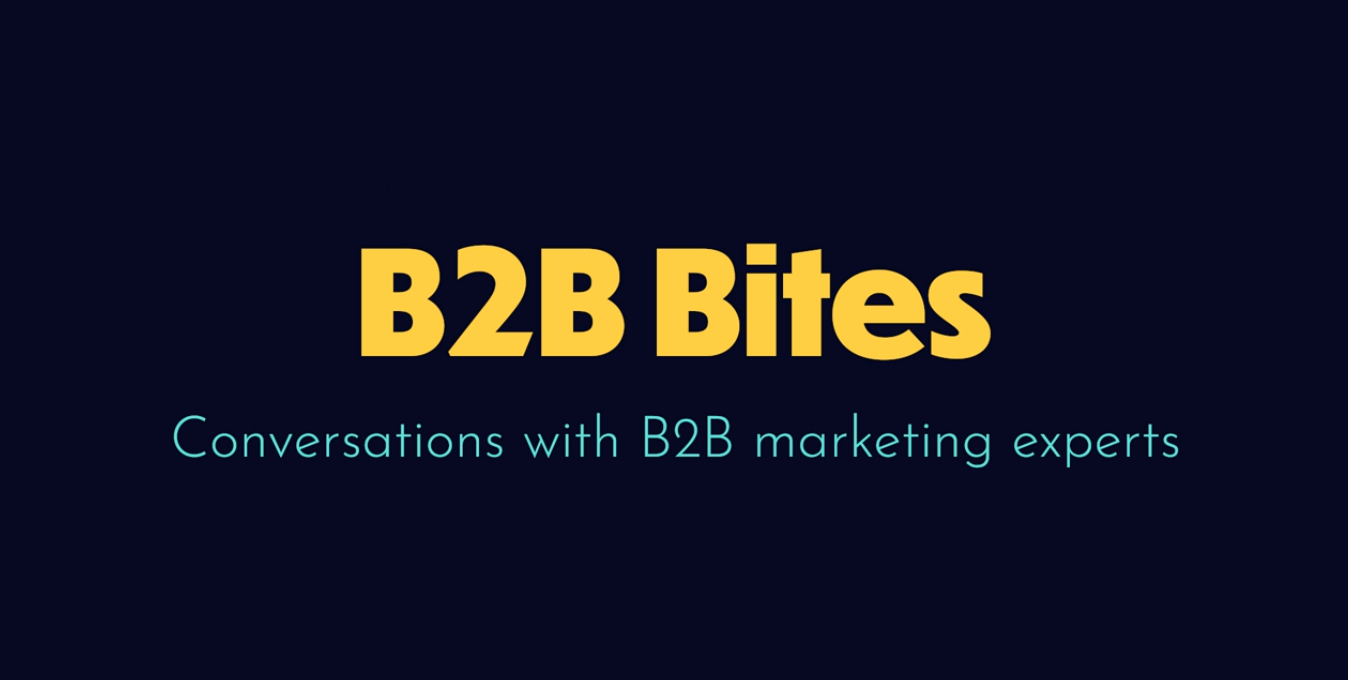B2B content marketing is soaring in popularity, and rightfully so. Done well, this is one of the most effective ways to engage an audience, start a conversation, create value… and start selling to clients.
Marketers know this; more than half plan to up their content marketing spend in the coming year. But there’s a niggling worry that many can’t get out of their heads: how will I tell if this is a success? And how will I prove it to my boss?
Sound familiar?
It’s absolutely right that you’re thinking about your ROI. After all, you’re doing this to get results, right? But you also understand that content marketing works as part of a long term plan – and that can make measuring its impact tricky to master.
Having a trusty way to link sales back to content you’ve released, or the interactions surrounding that content, is obviously going to be very handy. Tools like Google’s URL builder let you generate a unique code for each campaign, social media platform or individual piece of content, and links straight back to your Google Analytics, so that you can see where your buyers or visitors came from.
But here’s the thing: successful content marketing strategies don’t hard sell from the outset. They guide the client along a journey. They work by leading your potential customer step by step, deepening the relationship along the way.
You can’t judge the success of an individual link in the chain by the eventual sale – although it’s possible that they might be convinced enough to skip to the end. Rather, you judge it by whether it’s successful in taking that potential customer to the next point in the journey.
This means that the ROI metrics reserved for advertising don’t always work for inbound marketing. As expert David Meerman Scott explains, producing great content is an investment, not an expense.
“Thinking of your content as an expense like advertising means you always underspend,” he says. “For example, if you spend $5,000 in a given month on Google AdWords, the only thing you are buying are the resulting clicks of your ads appearing against the important phrases people search on to find your business. But as soon as you stop paying, your clicks stop too. This is the classic example of a marketing expense.
“However, if you spend $5,000 in a given month to hire a freelance journalist to write a bunch of interesting blog posts relating to important phrases people search on to find your business, you will have assets that live on forever that will drive people to your content from the search engines for years to come. The content will have value many years after it has been paid for.”
This doesn’t mean that you should stop trying to track the ROI of your content. It certainly doesn’t mean you shouldn’t set goals – you absolutely should. In fact, one of the main reason that content marketing efforts flounder is that they don’t know what they’re trying to achieve.
But it does mean that you shouldn’t be short sighted about what those objectives actually are.
Every content marketing campaign needs to work to a carefully planned content calendar, with goals and interaction targets already laid out. At this stage in the journey, what does success actually look like?
For example, are you trying to grow your sphere of influence, amassing likes, followers or even brand ambassadors? Are you angling for a particular thought leader to share your content with their audience, enhancing your credibility? Are you capturing leads? Getting people to sign up for a webinar? Sign up for a trial?
Put a structured strategy in place, with clearly defined goals at every stage, and you’ll not only be able to judge whether your content marketing efforts are working, you’ll be able to identify and fix any weak links in the chain, giving you a wealth of insights to keep honing and perfecting your approach in the years to come. And that’s an investment with real returns.
Want to develop a killer content marketing strategy but don’t know where to start? Download The B2B Content Marketing Masterclass.









